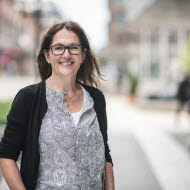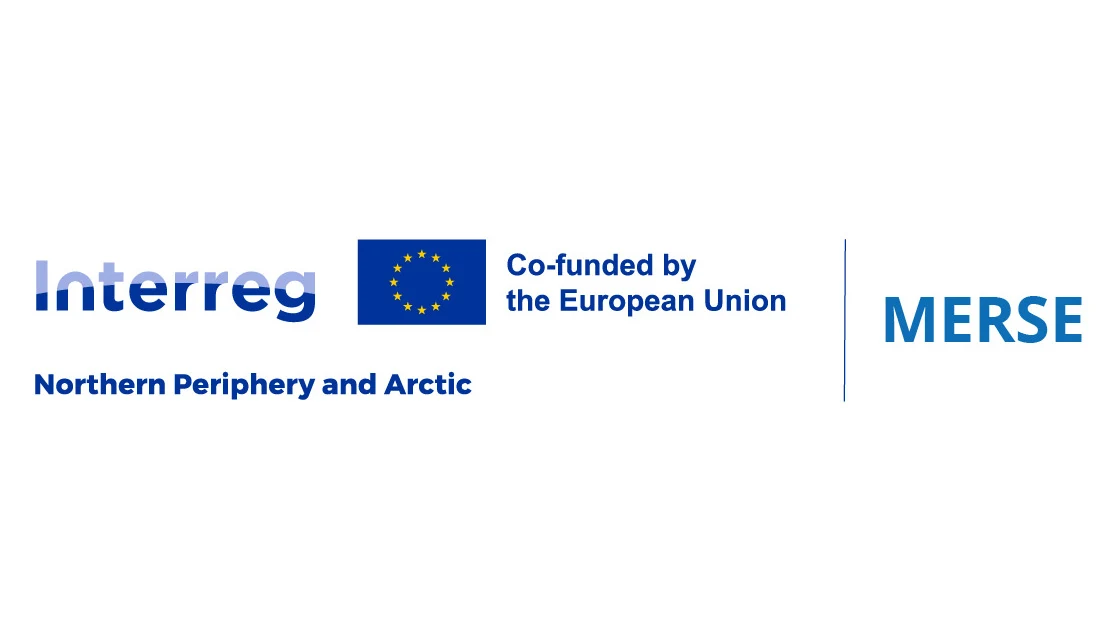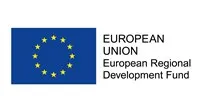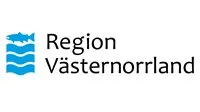Business Models Empowering Rural Social Entrepreneurship ‑ voicing the rural norm
Where public efforts and private companies do not reach, local communities often place their hopes in initiatives from local social entrepreneurs. Now the differences and similarities in social entrepreneurship in Sweden, Finland, Norway, Iceland and Ireland will be studied.
Financing
The financial support received from Interreg NPA: €809.179,51
The financial support received from Region Jämtland Härjedalen: €99.468
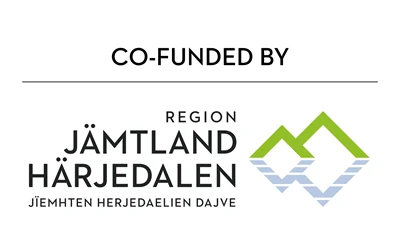
The financial support received from Region Västernorrland: €99.468
The official project page on the Interreg Northern Periphery and Arctic website
About the project
A social entrepreneur wants to do good, driven not to maximise profit but to contribute to development in their local community.
“The objective of MERSE is to make it easier to start and develop social enterprises in rural areas. There is a need for simple, easily-adapted tools to make their social impact sustainable and legitimate as local value contributors,” says Yvonne von Friedrichs, professor of business administration and project manager.
Through the EU-funded project “Business Models Empowering Rural Social Entrepreneurship - voicing the rural norm” within the Northern Periphery and Arctic Programme, researchers will study how social entrepreneurship can be stimulated and developed in rural areas. A special focus will be on young people and women's opportunities to get involved as social entrepreneurs.
“When community functions are centralised, they often disappear from more peripheral parts of a region. This is when local initiatives can create opportunities for especially young people and women to stay in the countryside as entrepreneurs, or for those who have moved away to return,” says Yvonne von Friedrichs, “so providing support around starting a rural enterprise can be crucial in enabling them to move back.”
With the transnational cooperation between regions in the five countries (Sweden, Finland, Norway, Iceland, Ireland) the researchers will be able to exchange and compare country-specific knowledge and experiences on contextual social entrepreneurship. By conducting interactive sharing and co-creating place-based-best-practices, analyses similarities and differences, the project will search for gaps that different unique models and examples can fill for each other and support transformative knowledge across borders.
The project starts the 1st of July 2023 and ends the 31st of June 2026. The work is carried out by researchers at Mid Sweden University in collaboration with Coompanion and the municipalities of Östersund, Härjedalen, Sundsvall and Timrå in Sweden, KBT Vocational School in Norway, Ruralia at Helsinki University in Finland, Vestfjarðastofa in Iceland and Údaras Na Gaeltachta in Ireland.
“We want to learn from each other and are convinced that it is possible to find new solutions to old challenges. By involving social entrepreneurs, civil society, business advisers and academics in the different countries, we will get a broad knowledge base to be able to identify ‘best practice’ in how to support this industry”, says Pelle Persson, Coompanion.
Facts
Project period
230701—260630
Partners
- Coompanion
- KBT Vocational School
- Ruralia vid Helsingfors universitet
- Vestfjarðastofa
- Údaras Na Gaeltachta
- Östersunds kommun
- Härjedalens kommun
- Sundsvalls kommun
- Timrå kommun
- Frøya municipality
- Indre Fosen municipality
- Halti kvenkultursenter IKS
- Comhlachas na gComharchumann Gaelt
- Comhar na nOileán
- Kehittämisyhdistys Mansikka ry
- Yhteiskunnallisten yritysten liitto ARVO ry
- Lapland University of Applied Sciences
Subjects
Research groups
Project leader
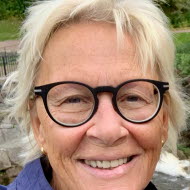
Project members
